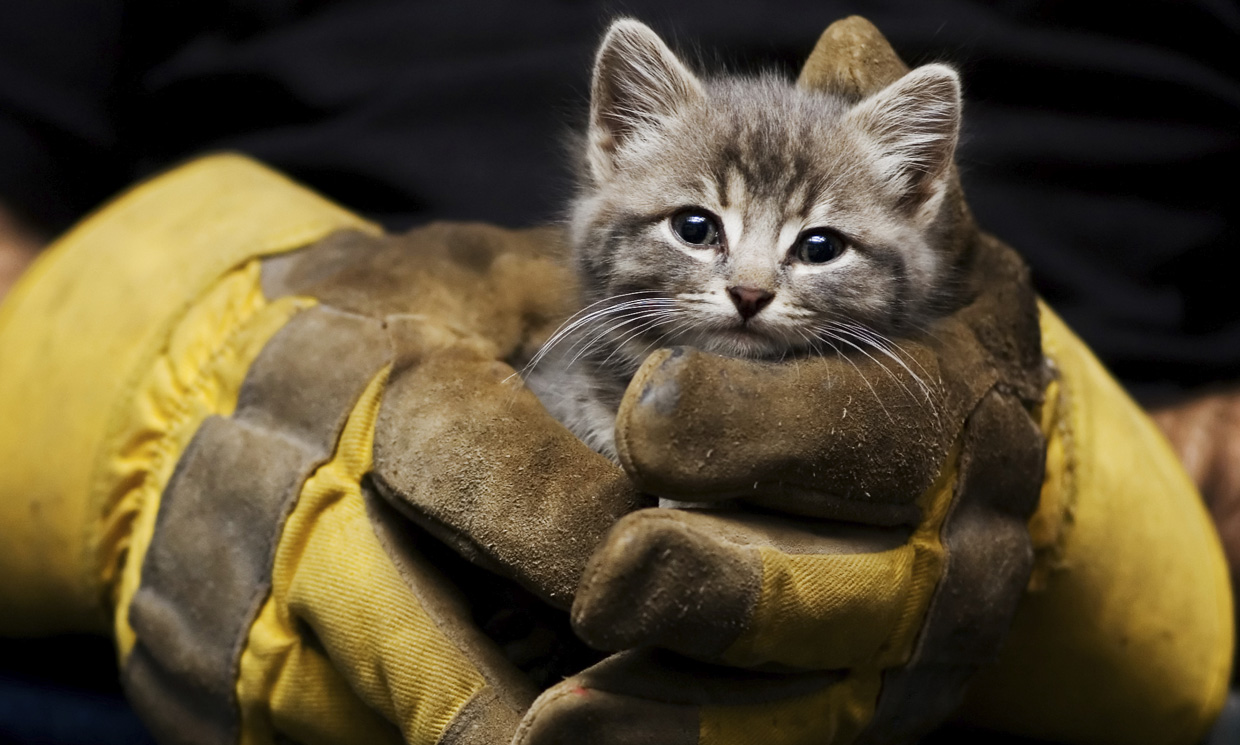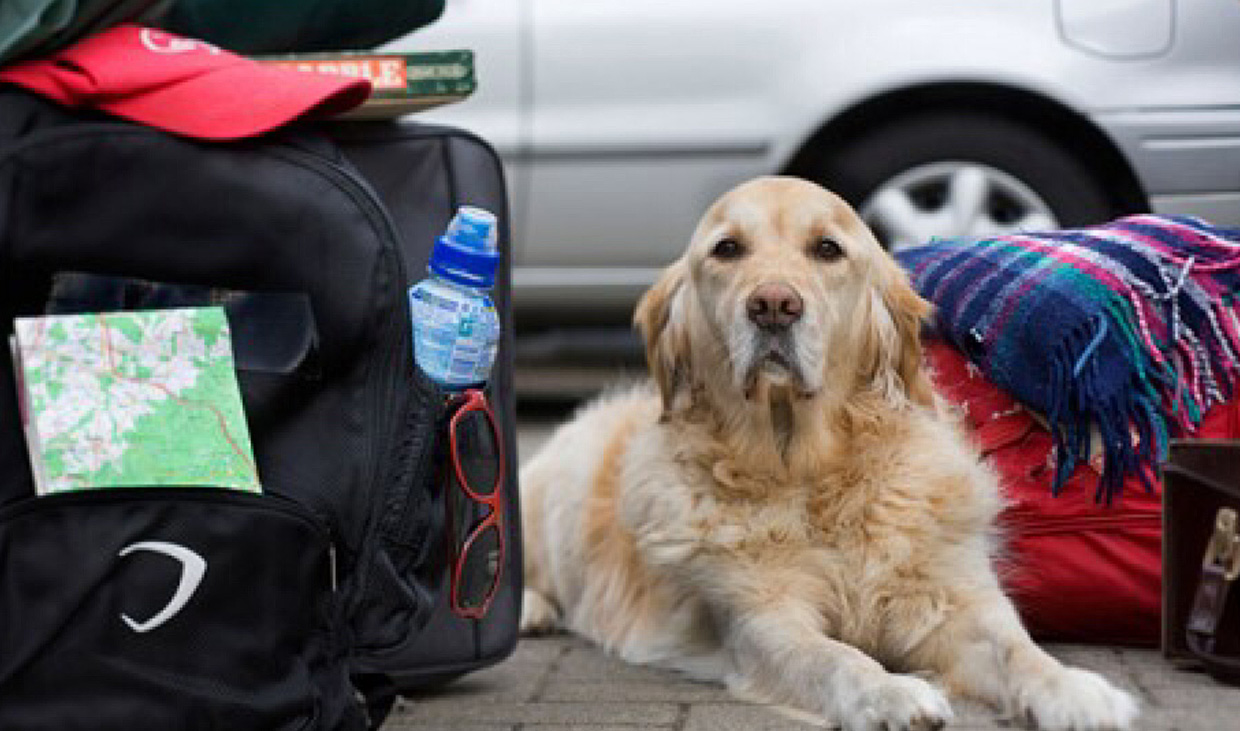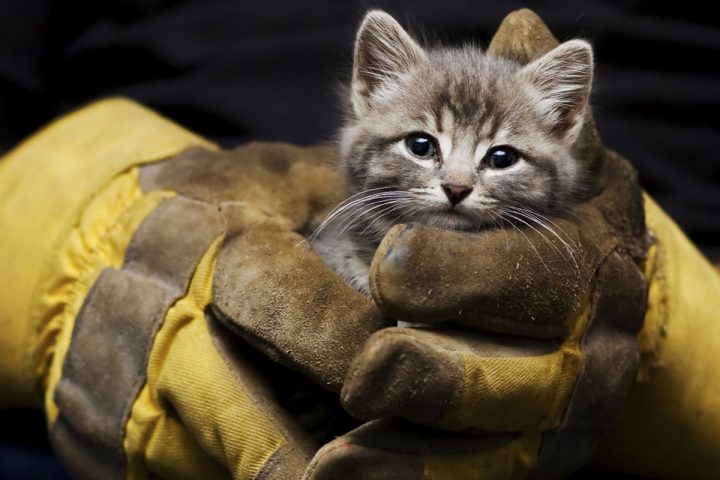Planning Is Key in Emergency Preparedness
In Ohio, we don’t experience natural disasters such as hurricanes and wildfires on the scale that other areas of the country do. But, there could still be a time when you might need to quickly evacuate your home. Take time today to create an emergency plan that includes your pets. Here are some things to include:
- Microchip your pets!
- Keep your pets up to date on all required vaccines.
- Proactively research and identify pet-friendly accommodations in your area.
- Make sure all pets have identification tags with your cell phone number on each tag.

Prepare a pet disaster kit.
Store it as close to an exit as possible. Make sure it’s clearly marked, easy to carry,
and everyone in the family knows where it is. It should include the following:
- A copy of each pet’s medical and vaccine records. If you are forced to go to a shelter, this information may be required. A photo of your pets is also a good idea. Be sure to place all in a waterproof bag.
- A 2-week supply of any medications.
- A pet first aid kit. It should contain a variety of bandage material, adhesive tape, eye wash, an eye dropper or syringe, Benadryl, antibiotic ointment, sterile saline solution, cotton balls, and hydrogen peroxide.
- Food and water: at least a 7-day supply for each pet. Always bring more than you think you will need.
- Food and water bowls: consider purchasing collapsible ones – they’re easy to pack and very lightweight.
- Sanitation items: paper towels, wet wipes, small bottle of household bleach, liquid soap, and garbage bags.
- Specifically for cats: plenty of cat litter, small litter box, and litter scoop. Make certain the carrier you have for your cat is large enough so there is ample room to move around. They may have to spend a lot of time inside it so you want them to be comfortable. Include a light blanket and a favorite toy.
- Specifically for dogs: a sturdy non-retractable leash and harness to maintain control at all times. Shelters may require they remain on the leash during their stay.

Be proactive. If there is even the slightest possibility your area may be evacuated, activate your plan. Don’t wait until the last minute to make reservations for a hotel or kennel.
If you must board your pet, identify the kennels and veterinary hospitals that will be staying open. Confirm what they require you to bring when you drop off your pet. More items may be required for an emergency stay than for a regular stay. Don’t arrive at a destination only to be turned away because pets aren’t allowed or you don’t have the proper documentation.
Remember, in the event of a disaster, your pets will be more dependent on you than ever. You owe it to them to have a plan in place that provides for their safety and well-being.

